The housing period is a great time to implement a strategy to control parasites in the herd. The aim is to keep cattle free from both worms and fluke until they are turned out to pasture next spring. In turn, this minimises ill thrift and weight loss during the winter and pasture contamination at turnout.
In order for this to happen, the parasite status on the farm must be identified.
Samples
The easiest way to establish the parasite levels on farm is to take faecal samples from the different age groups. Take samples from 10% of each group of calves, second-season grazers and adult cattle. The samples from each group can be pooled together to send to the lab for analysis, thereby reducing costs.
The results of the faecal sample will show which parasites are present and how severe the burden is. This will allow a dosing schedule tailored to each farm to be designed. The results will also evaluate how effective the summer dosing plan was and highlight any resistance issues if there are high counts present. This year, resistance to ivermectin-based products seems to be increasing on many farms.
Dosing plans
Most dosing plans begin with the administration of a wormer at the start of housing. This can be given on its own or as part of a combination product that would prevent buildup of ectoparasites such as lice.
Ideally, the wormer selected for farms should be active against both the larvae and the adult of the stomach worm ostealgia.
Flukicide
It is generally recommended to delay the administration of a flukicide until after housing. There are many products on the market targeting some or all stages of the life cycle.
Your vet can advise you which is the correct flukicide to use on your farm and when would be best time to administer this product to maximise its effectiveness.
Consult your local veterinary practice to establish the parasite status on your farm and design a dosing plan tailored to your animals.
*Roisin McCormack works at Longford Animal Health Centre, Cooleeney, Shroid, Co Longford. Longford Animal Centre is part of XLVets, a group of progressive practices working together to achieve a better future for agriculture and veterinary in Ireland. Visit www.xlvets.ie.



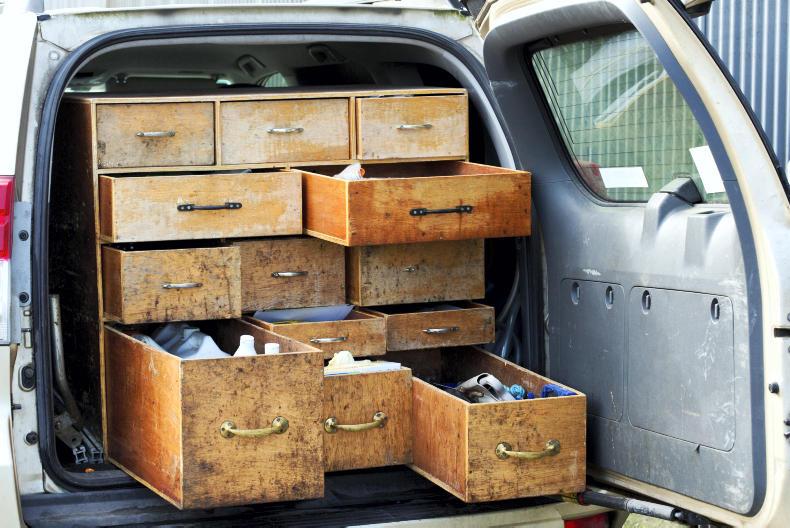
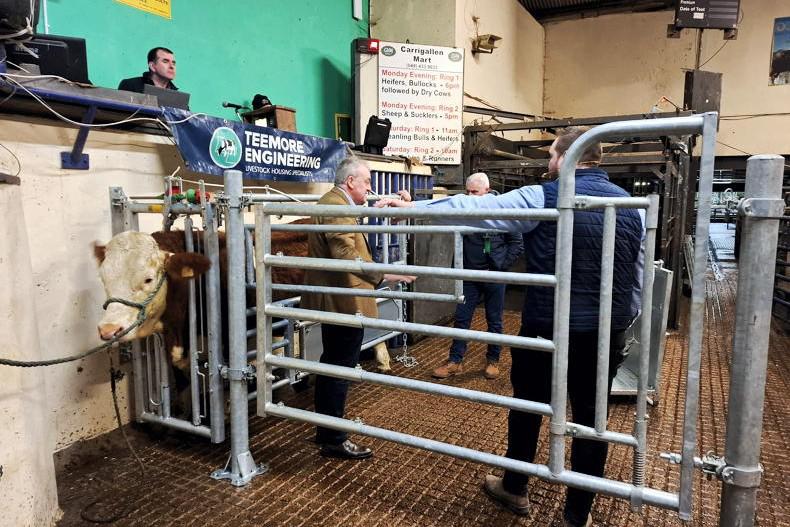
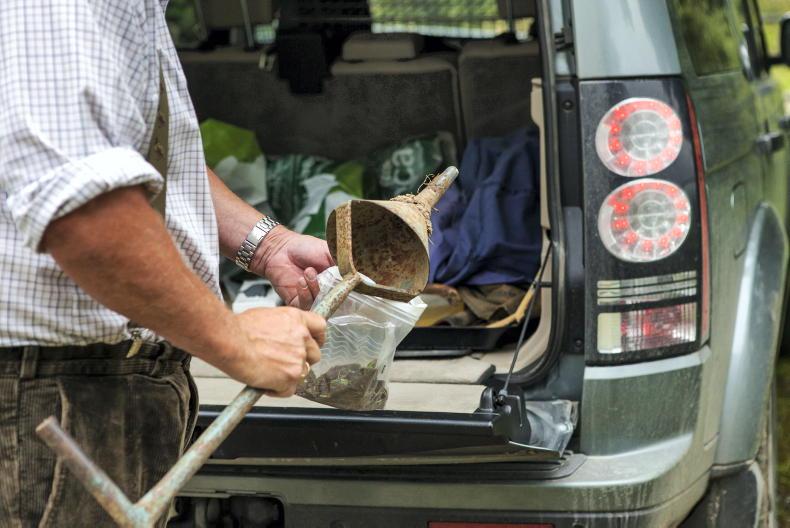
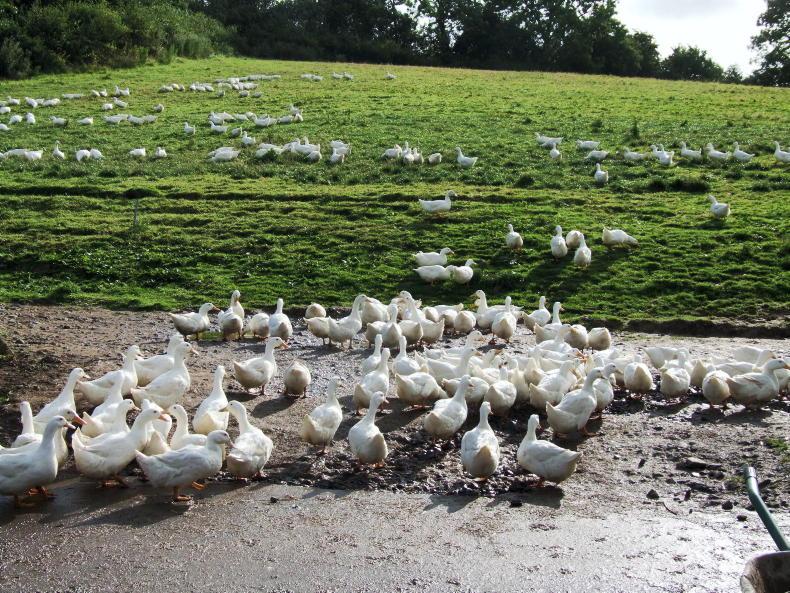
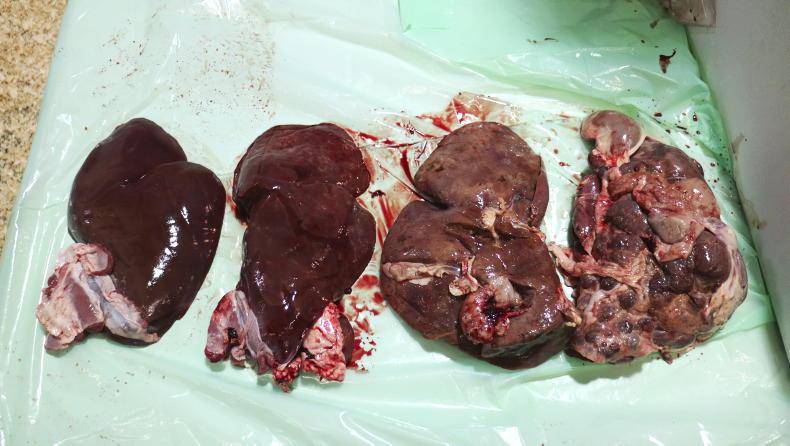
SHARING OPTIONS